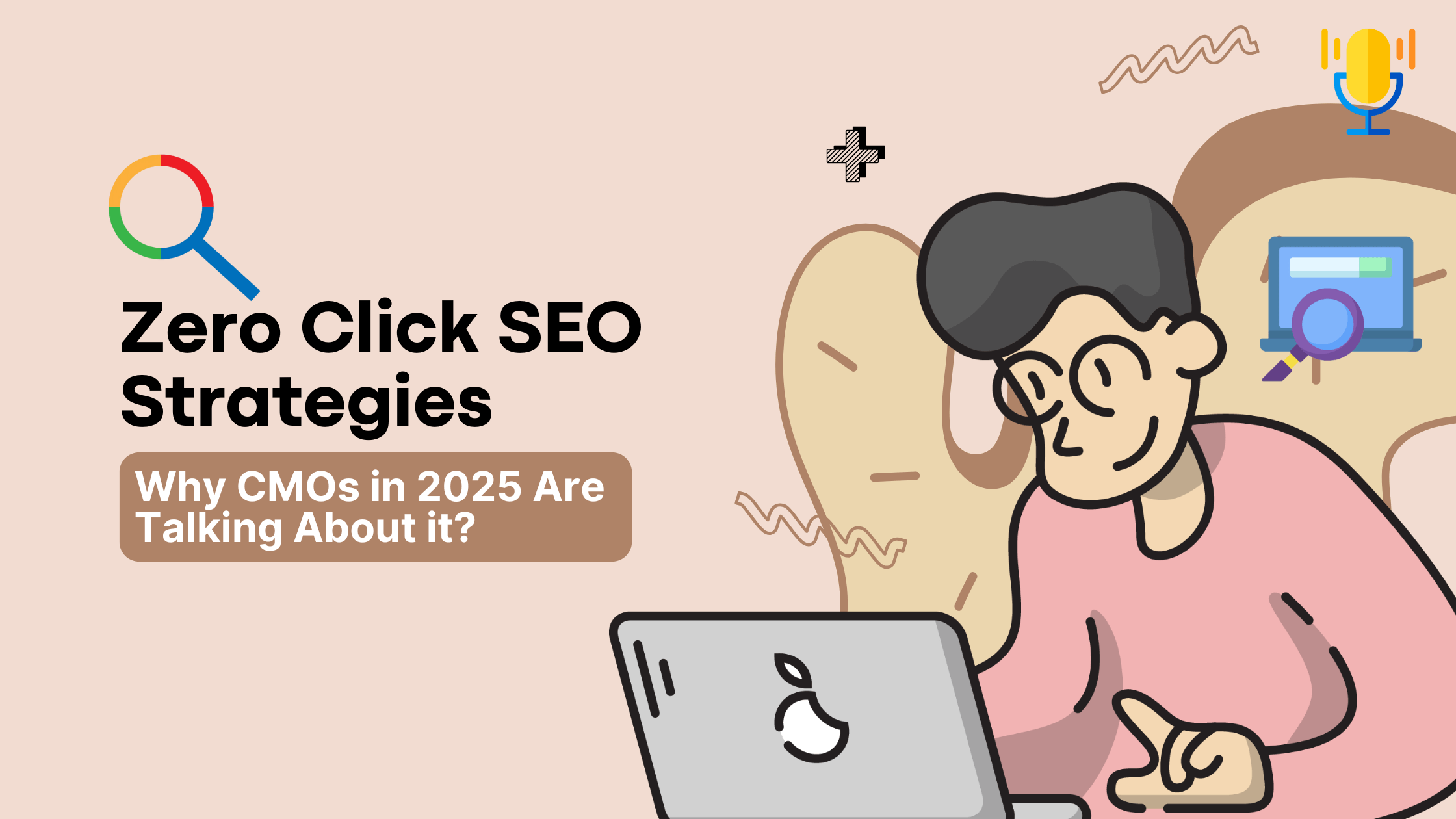Adapting to Google’s Evolving Search Landscape for Long-Term Visibility
The SEO landscape is shifting—and fast. In 2025, one of the biggest changes digital marketing agencies are facing is the rise of zero-click searches. As Google and other search engines prioritize on-page answers, featured snippets, and AI-generated summaries, businesses are seeing fewer users clicking through to their websites.
For digital marketing agencies, this evolution is both a challenge and an opportunity. Understanding how zero-click searches work—and how to adapt your strategy—can be the key to staying visible in an increasingly competitive search environment.
What Are Zero-Click Searches?
A zero-click search happens when a user finds the answer to their query directly on the search results page—without clicking on any link. These typically appear as featured snippets, knowledge panels, “People Also Ask” boxes, or even AI-generated summaries from tools like Google’s Search Generative Experience (SGE).
In 2025, Google’s AI is doing more than ever to surface quick, accurate answers—especially on mobile devices. As a result, click-through rates (CTR) for traditional organic listings are declining across many industries.
Why It Matters for Digital Marketing Agencies
If fewer users are clicking through to websites, traditional metrics like organic traffic become less reliable indicators of SEO success. Agencies must evolve their strategies and KPIs accordingly. Brand visibility, authority, and SERP real estate now matter more than ever.
Getting featured in zero-click positions can build trust and boost brand recall—even if users don’t immediately visit your site. That’s why optimizing for zero-click search should be part of every agency’s modern SEO playbook.
How to Optimize for Zero-Click Searches
1. Focus on Featured Snippets: Structure your content to directly answer common questions. Use H2 or H3 headings for FAQs, and provide concise answers in 40–50 words. Bullet points, tables, and step-by-step guides often perform well in snippets.
2. Leverage Schema Markup: Use structured data to help search engines understand your content better. Adding schema for FAQs, reviews, and how-to articles can increase your chances of being featured in rich results.
3. Target Long-Tail and Question-Based Keywords:“Why,” “how,” and “what” queries are more likely to trigger featured snippets. Build content around specific questions your audience is asking.
4. Build Topical Authority:Create clusters of content around key topics. Interlink blog posts, guides, and resources so that your site becomes a go-to source for comprehensive information in your niche.
Embracing a Multi-Metric SEO Mindset
With zero-click searches on the rise, agencies must broaden their SEO KPIs. Metrics like brand visibility, impressions, featured snippet placements, and time on SERP are now essential indicators of performance.
In addition, consider integrating SEO with other strategies like content marketing, social media, and email capture. The goal? To build a digital presence strong enough to win attention—even without a click.
Conclusion
Zero-click searches are reshaping how users interact with search engines—and how agencies approach SEO. In 2025, success means showing up, standing out, and being the authority that users trust.
As a digital marketing agency, adapting to this new reality isn’t just about preserving traffic—it’s about owning your space in the evolving SERP ecosystem.
Related Case Studies
Yoolk On Us
Comfort Food, Crafted with Care How HD brought flavor to digital presence of Yoolks on Us SERVICES UI/UX Design…
For The People Outreach
Collaboratively Create a Nurturing Environment How HD created a compassionate brand and digital platform for For the People Outreach SERVICES…
1L2L (1Life2Live)
Designing unforgettable event experiences How HD Studios, in collaboration with 1L2L, designed impactful marketing and established a distinctive visual style…




